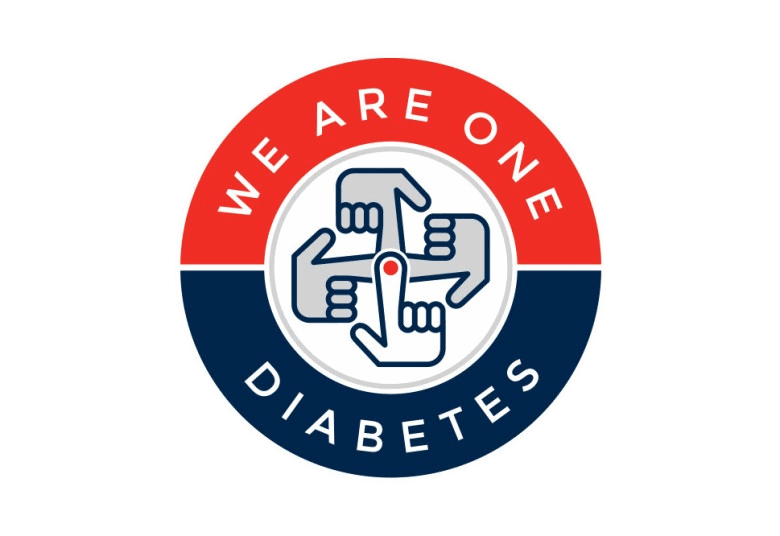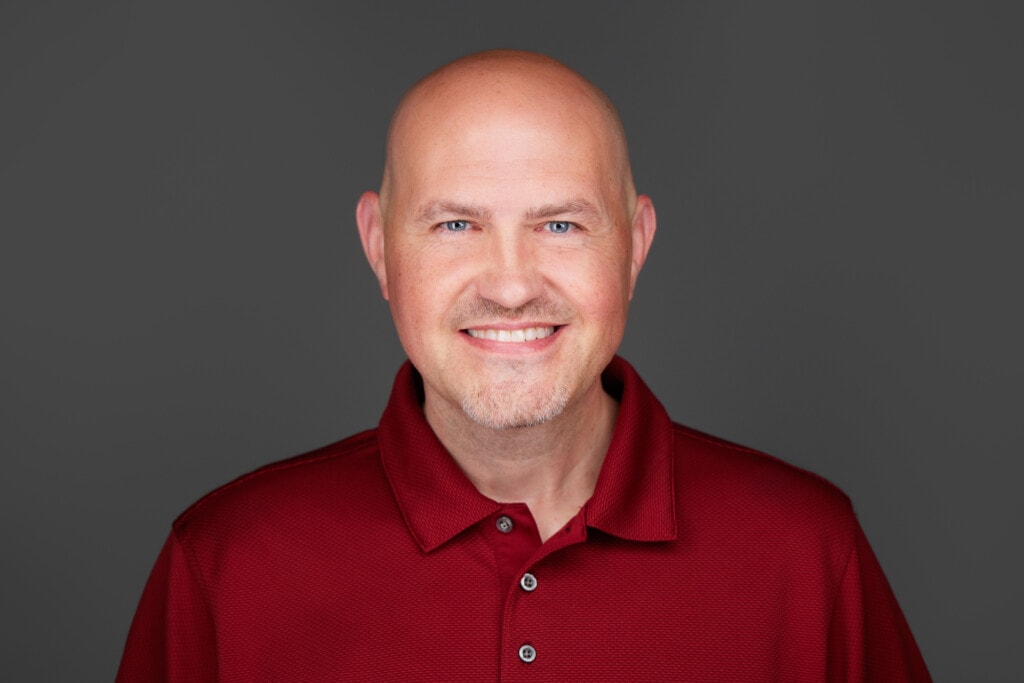I was really moved by a recent newsletter from Dr. Steve Edelman & Dr. Jeremy Pettus about diabetes complications and asked for permission to share their thoughts with you.
When Diabetes Gets Complicated
And what could be more complicated than complications? Yes, that’s right. It’s not a fun or funny topic. In fact, it’s the opposite of those things, but it is something that we do need to talk about. What we want to discuss is not how to prevent them, or the rates of complications, or other “medical” things, but rather the struggle we all face when confronting them. Steve and I have different perspectives on this, so I thought it would be relevant to talk about this from our different viewpoints – myself having never really developed complications (knock on wood), and Steve having a few that he can talk about. This is really a result of when we were diagnosed and how much things have changed relatively quickly. We hope that you will all find something you can relate to in our stories that represent the history of diabetes over the last several decades.
Jeremy’s story
So, I was diagnosed in 1995 at the age of 15 (that makes me 29), which was very shortly after the Diabetes Control and Complications Trial (DCCT) study was published. As many of you know, this was the study that finally proved that controlling BG mattered in terms of reducing complications. I still can’t believe that this took until 1993 to definitively prove. This was REALLY good news for me because when I was diagnosed I was immediately put on “intensive” control and had it beaten into me that if I didn’t control my BG there would be consequences. I was put on 2 shots of Regular and NPH and given a crappy meter and on I went. (At least I had a meter though, and never had to check my urine). So, fast forward 20+ years, and I have worked my butt off to avoid complications. I say this in NO WAY to try to brag, as I honestly believe that this comes down to luck as much as control, so don’t hate me. I’ve had more than my fair share of highs and lows and emergencies, but have avoided (so far) the classic long-term complications. What I wanted to add my perspective on, is how this is a game that I can never win. When you think about it, we work day and night, hour-by-hour, carb by carb, all in the hope that NOTHING will happen. Isn’t that strange? At the end of the day, all of our work is really in trying to level the playing field with everybody else. If we get through the day and nothing happened, that’s as good as it gets.
This point was really hit home for me about 2-3 years ago when I was at the Children With Diabetes conference in Orlando. They offered free eye screenings, and I had some time to kill so I got my eyes checked out. After the exam, the doc told me my eyes looked good. He asked me how long I had had diabetes, and he made the passing comment “Wow. That long? Good job.” I got up and walked out, but then had this extremely strong reaction and got very emotional.
I had done a good job.
I don’t think anybody had ever told me that, including myself, so validation of 20 years of work all hit me with one single comment. Since then, I’ve been an advocate of meters and CGMs that tell us not only when we are screwing up, but when we do something right! Because, man, there is a real lack of positive reinforcement with this disease and you can only work for nothing to happen for so long. So celebrate your DIAversary, celebrate that good BG day, celebrate that A1c result because YOU EARNED IT! The alternative is just living and waiting for something bad to happen, and that sucks.
Now, as time marches on, the chances are that I may get some form of complication that will hopefully be minor and not interfere with my life. The thing I am preparing for is to not blame myself. I work my butt off to stay under control, and if something happens, it happens, and I just have to try my best to keep fighting the good fight. I’m also super enthusiastic about the future given the extremely rapid improvement in therapeutics, and I have no doubt that every year with this disease will be easier than the last….
Steve’s story
So, I was diagnosed in 1970 at the age of 15, which was when many doctors did not know or were not convinced that controlling the glucose levels had any benefit. I was assigned to an ONCOLOGIST to take care of me and was put on only ONE shot of NPH and Regular in the morning. I was told to test my urine for glucose 4 times a day, but never to change my dose. For the longest time there was no A1c test, no meters, no pumps, no insulin pens, no CGMs…sorry for the double negative, but, no nothing! My control really sucked for many years even though I did what I was suppose to do. I knew this because I was always thirsty, “pissed” a hell of a lot, was frequently tired, had sores that would not heal and just felt lousy. It became a way of life. As a result of years of high glucose levels I currently have a boatload of complications. Ready for the list? First, proliferative retinopathy and macular edema requiring tons of laser burns to the back of my retina and injections into my eyeball to reduce the drive for VEGF. As a result, my vision is really not that great, and I can tell you this is one complication you cannot escape from during every minute of your waking hours. Big screens, large fonts, magnifying glasses, special eyewear are all part of the visual paraphernalia that I have to schlep around. I know that what goes on in your eyes also goes on in your kidneys, and I do not want to be on dialysis, for sure, for sure! That is my biggest fear. My kidney function is not that good either, but it has been stable for several years, so I am grateful. Every time I get my blood drawn I am afraid to look at the results for fear that my creatinine or eGFR are getting worse. Every time I get a pain in my back area or have a little swelling I am thinking this is it…my kidneys are shot…my luck has run out. And my complications list goes on: Partial hypoglycemia unawareness, really bothersome gastroparesis and the syndrome of limited joint mobility, which has required three trigger finger surgery repairs and a very painful frozen shoulder.
I am embarrassed about having complications. Here I am a diabetes specialist who has been teaching doctors and patients about diabetes pretty much for the past 28 years and I have totally failed myself. I have to remind myself I did the best I could with the information I had in those early years. I have a ton of patients who are doing great with their diabetes and I am happy for them, yet envious at the same time. I hear motivational speakers all the time who get up on the podium and proudly announce that they have no complications after many decades. For those of us who have been kind of ravaged by diabetes, it does not feel that good. It sometimes comes off as, “Look at me…I made it and those of you with complications are losers. I did it right and you did it wrong.” I know none of these healthy folks mean any harm, but that doesn’t stop me from telling Jeremy to get over his fear of ONE DAY developing complications. I try to focus on the positive and get support from my close friends. Neither my family members nor my patients know about my complications. I HATE sympathy! When folks tell me, “You look good”, I am thinking, “If they only knew.”
I would just end by saying that I echo what Jeremy said about the future. When I see patients diagnosed recently, I want to tell them how good they have it and how bright their future is. Type 1s are living much healthier, longer lives thanks to many medical advances. Well, that’s it folks. Back to the challenge of educating and motivating folks with diabetes about how to avoid complications so they can live a long and healthy life.
As You Were Nation
Jeremy & Steve

This newsletter came from We Are One, a unique network of people who work in diabetes and live with type 1 diabetes. Diabetes Mine covered We Are One when it launched in 2014, and their post offers a lot of insights if you’re curious.
Dr. Pettus and Dr. Edelman also dedicated an episode of The Edelman Report to the launch.
Thank you, Dr. Pettus & Dr. Edelman, for starting a conversation about diabetes complications and sharing so openly about your perspectives. Thank you for allowing me to share your thoughts here, too.


